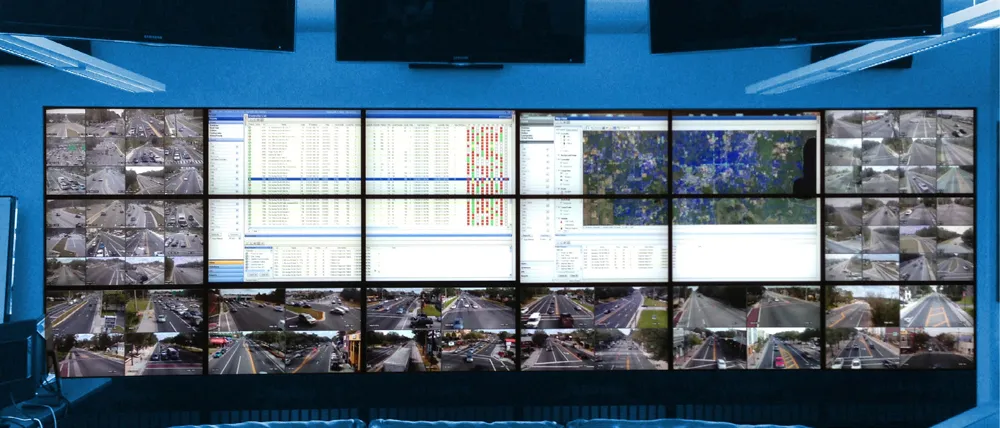
PTV Group is to provide the real-time traffic prediction engine behind a multimodal transportation platform in Abu Dhabi, United Arab Emirates.
The company, part of Umovity, will employ its PTV Optima solution as a subcontractor to ST Engineering Urban Solutions.
The system will begin with road traffic management, and the plan is to eventually integrate other modes of transport, including rail, as part of the drive to public transport contained in Abu Dhabi's Transportation Mobility Management Strategy 2030.
PTV Optima can facilitate live traffic monitoring and incident detection through integration with Abu Dhabi’s adaptive signal control system, and can also calculate traffic flow estimates and forecasts of queues and delays up to 60 minutes in advance.
The software also allows operators to simulate and evaluate various mitigation strategies in a virtual environment, "fostering proactive traffic management, faster incident response times, and improved traffic flow across the entire emirate", PTV says.
Christian U. Haas, CEO of PTV Group, says the firm looks forward "to contributing to the long-term success of Abu Dhabi’s traffic management system".
He adds there will be "many synergies that will drive the project forward and create even greater momentum".








